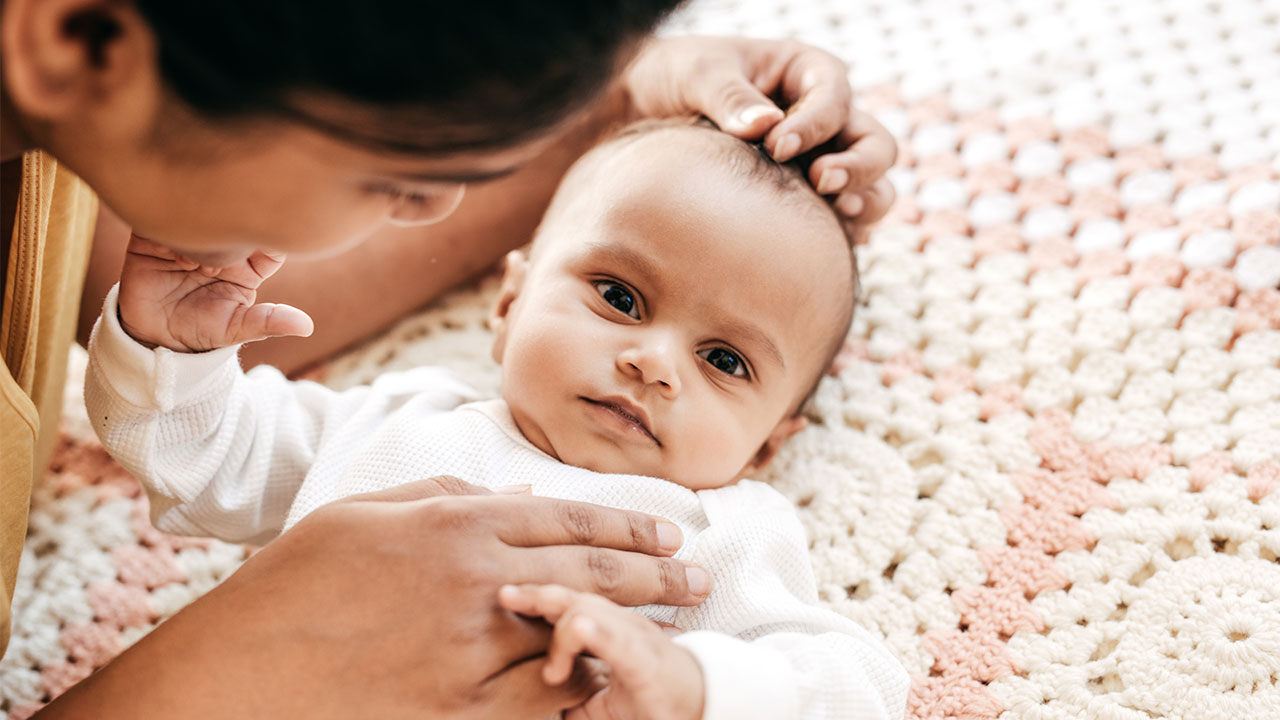 Source: bing.com
Source: bing.comAs a new parent, you may be wondering what to expect in terms of your baby’s cognitive development in the first few months of life. Cognitive development refers to how a baby learns to think, reason, and understand the world around them. Although newborns are not born with fully developed cognitive abilities, they are capable of learning and making connections from day one.
Table of Contents
Sensory Development
Newborns rely heavily on their senses to explore and make sense of their environment. Their sense of touch is very well developed at birth, and they are able to detect even the slightest changes in temperature or pressure. They also have a strong sense of smell and taste, which helps them to recognize their mother and seek out nourishment. Their hearing is also well developed, and they are able to recognize familiar voices and sounds within the first few weeks of life. Vision, however, is the least developed of all the senses at birth, and it may take several months for a baby’s eyesight to fully develop.
Motor Development
Motor development refers to a baby’s physical abilities, such as their ability to move their arms and legs, roll over, and eventually crawl and walk. Although newborns are not able to control their movements in a coordinated way, they are able to make small, jerky movements and respond to stimuli. Over time, their movements become smoother and more coordinated, and they are able to explore their environment in new ways.
Language Development
Although newborns are not yet able to talk, they are able to communicate through cries, coos, and other sounds. They are also able to recognize their mother’s voice and begin to associate certain sounds with specific people or objects. As they grow and develop, they will begin to babble and eventually form their first words.
Social Development
Social development refers to a baby’s ability to interact with others and form relationships. Although newborns may not be able to communicate in the same ways as older children, they are able to form strong bonds with their caregivers and respond to social cues. They also begin to develop a sense of trust and security, which is important for healthy emotional development.
Cognitive Stimulation
Although newborns are born with the potential for cognitive development, their experiences and interactions with the world around them play a crucial role in shaping their abilities. As a parent, you can help to stimulate your baby’s cognitive development by providing a rich, stimulating environment that encourages exploration and learning. Talking to your baby, reading books, playing games, and providing toys and other sensory experiences can all help to promote cognitive development in the early months and years of life.
Conclusion
While newborns are not born with fully developed cognitive abilities, they are able to learn and make connections from day one. Sensory development, motor development, language development, social development, and cognitive stimulation all play important roles in shaping a baby’s cognitive development in the first few months and years of life. By providing a rich, stimulating environment and engaging in activities that promote learning and exploration, parents can help to support their child’s cognitive development from the very beginning.
Frequently Asked Questions
Q: How can I promote my baby’s cognitive development?
A: Providing a rich, stimulating environment that encourages exploration and learning can help to promote cognitive development in the early months and years of life. Talking to your baby, reading books, playing games, and providing toys and other sensory experiences can all be helpful.
Q: When will my baby’s eyesight fully develop?
A: It may take several months for a baby’s eyesight to fully develop, and they may be able to see things clearly within a range of about 8-12 inches from their face.
Q: How can I help my baby learn to talk?
A: Talking to your baby frequently, using simple words and phrases, and responding to their attempts at communication can all help to promote language development and encourage your baby to learn to talk.
Q: When will my baby be able to sit up?
A: Most babies are able to sit up with support by around 4-6 months of age, and they may be able to sit up on their own by around 8-9 months of age.
Q: How can I help my baby learn to crawl?
A: Providing plenty of tummy time, placing toys just out of reach, and encouraging your baby to move towards them can all help to encourage crawling and other forms of movement.
